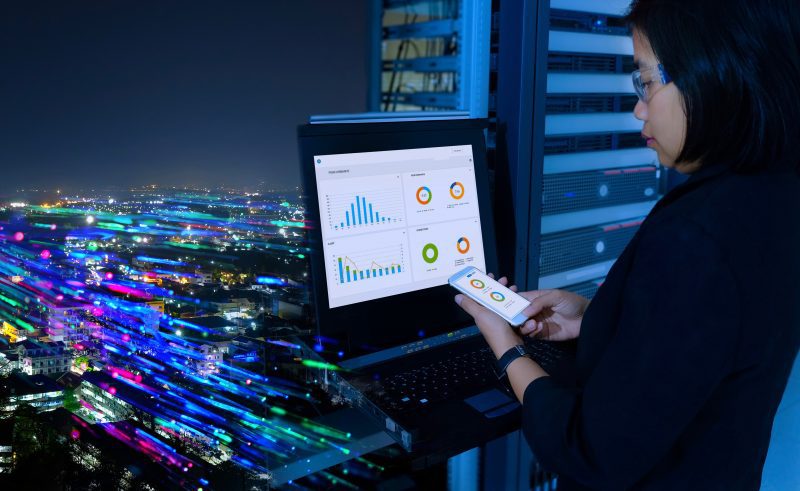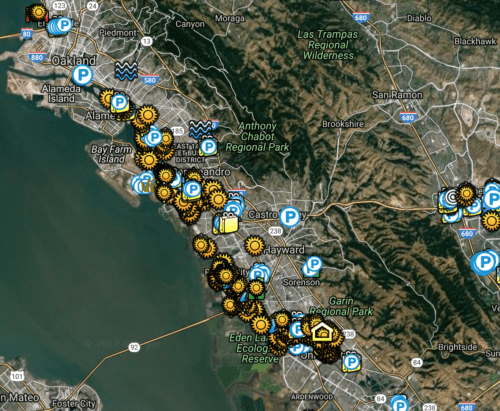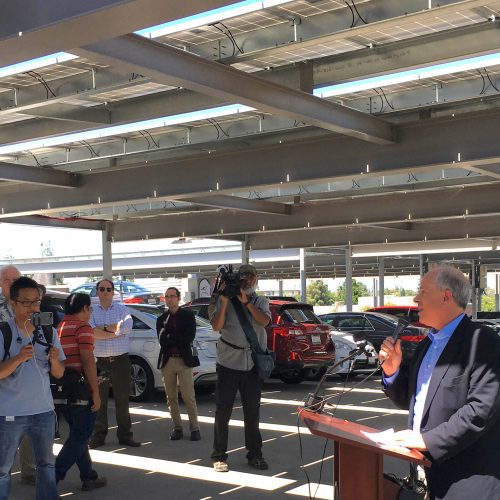Middle-Class Californians Set To Pay Electricity Premium As State Makes Electric Car Push
The Washington Free Beacon reports on the Clean Coalition's analysis on California's fixed charge policy.
Read article
Programs to proliferate distributed energy resources
Our innovative Feed-In Tariff designs, local development business plans, and RFPs lay the foundation for wholesale distributed generation, making it easier to build these projects.

The Clean Coalition designs market-based, cost-effective Feed-In Tariffs (FITs) with streamlined interconnection that allow businesses, residents, and organizations to deploy local renewable energy projects — including solar, wind, and biomass facilities — in underutilized spaces such as rooftops, waste water treatment plants, and abandoned lots.
FITs remove obstacles and uncertainties from renewable energy’s path, making it easier to build clean local energy projects, connect them to the grid, and establish long-term contracts to sell the power produced to utilities. With FITs in place, financing clean local energy projects becomes much easier, and the whole community benefits.

The Clean Coalition helps municipalities and Community Choice Energy agencies with local development business plans that encourage deployment of clean local energy.
A recent example is the plan developed for East Bay Community Energy (EBCE). As part of this plan, the Clean Coalition delivered a Solar Siting Survey to determine the technical siting potential for commercial-scale solar PV installations within Alameda County, which identified over 650 MW of solar potential on over 250 discrete sites, with the potential to host at least 1,000 kW on rooftops, parking lots, and parking structures — enough to power 165,000 homes. In addition, the Clean Coalition designed a Feed-In Tariff (FIT) for EBCE to support deployment of local renewables and incentivize energy storage.

The Clean Coalition designs requests for proposals (RFPs) for municipalities and other entities.
One example is the RFP and associated lease agreement we designed for the City of Palo Alto to have a solar developer build, own, and operate solar canopies atop the five City-owned parking structures, for a total of 1.3 MW of solar. This project, which included electric vehicle charging, contributed significantly to the electrification of transportation in Palo Alto.

The latest in clean local energy
Learn about our innovative projects and initiatives on our blog, and see what others are reporting about our important work.
The Washington Free Beacon reports on the Clean Coalition's analysis on California's fixed charge policy.
Read articleIndustrious Labs and EarthJustice reports on AB2083, a bill that the Clean Coalition endorsed.
Read articleChapman University reports on a student's efforts in expanding and delivering renewable energy solutions while involved with the Clean Coalition.
Read article